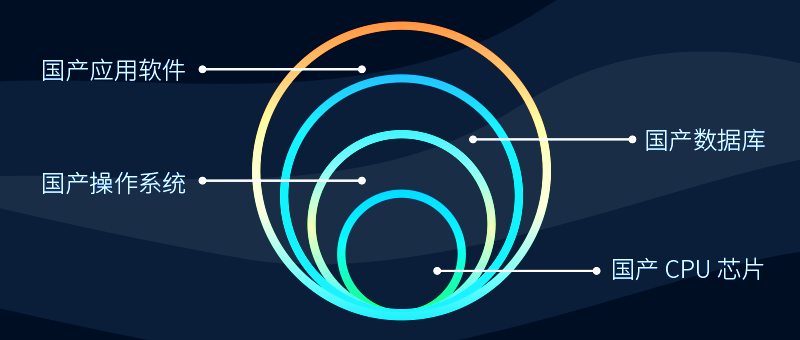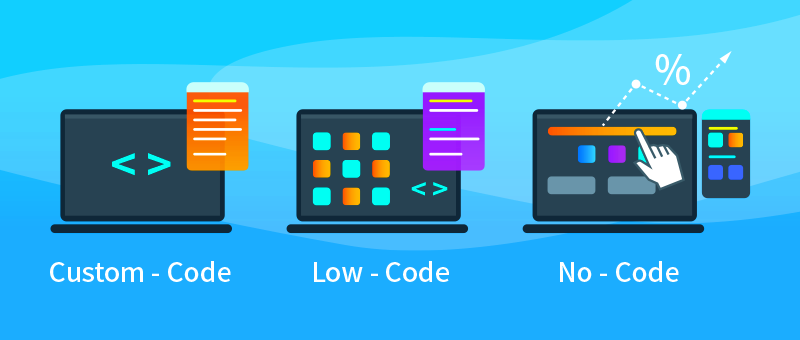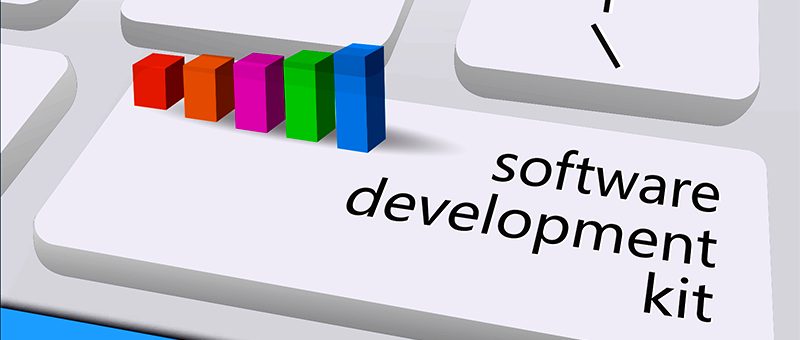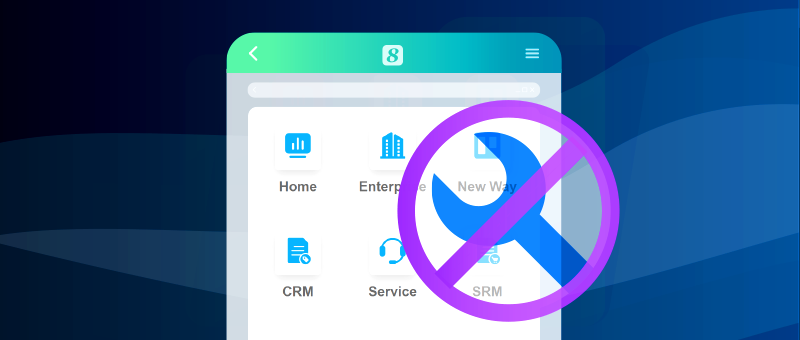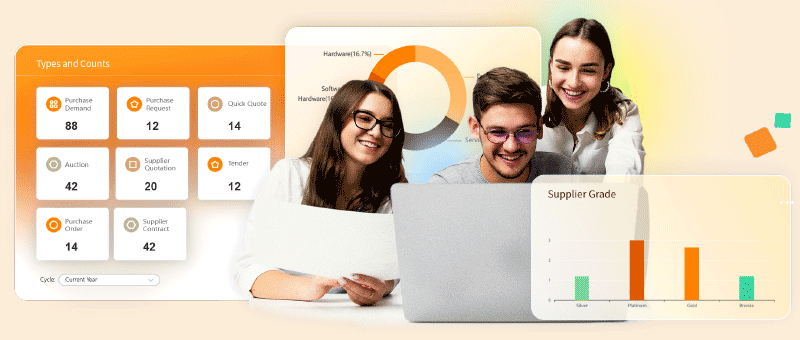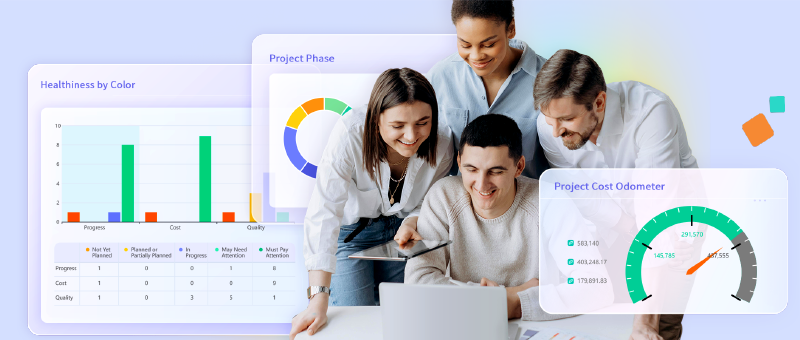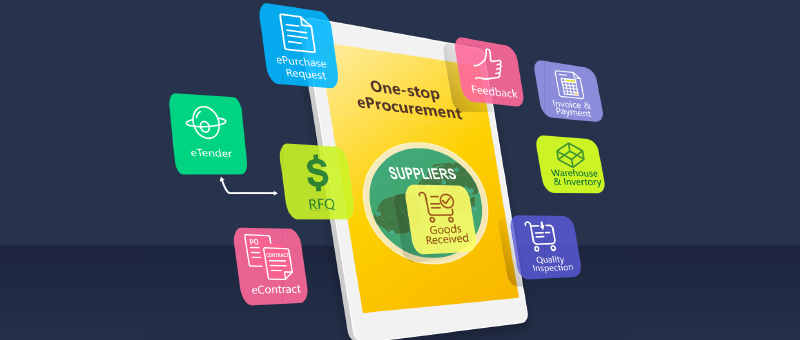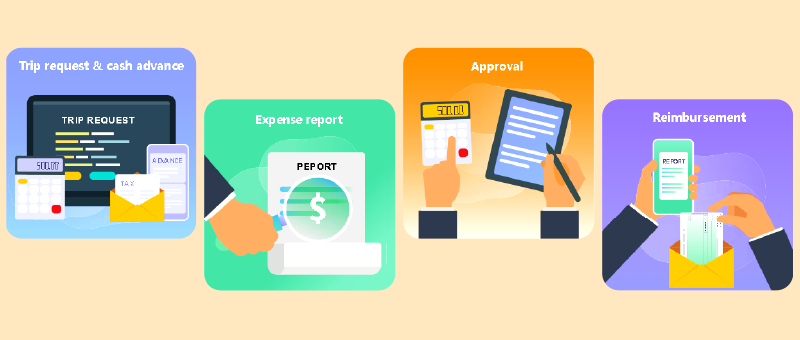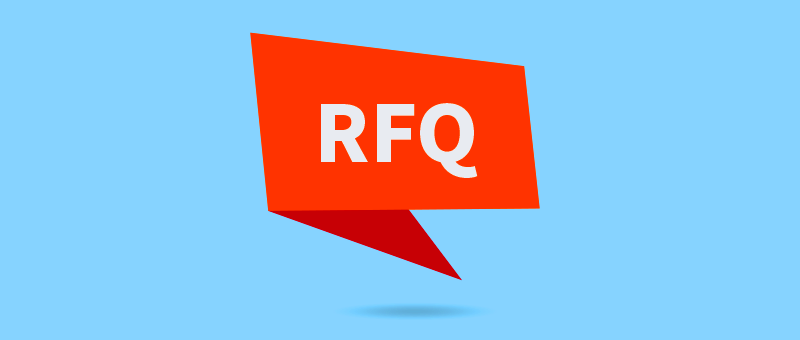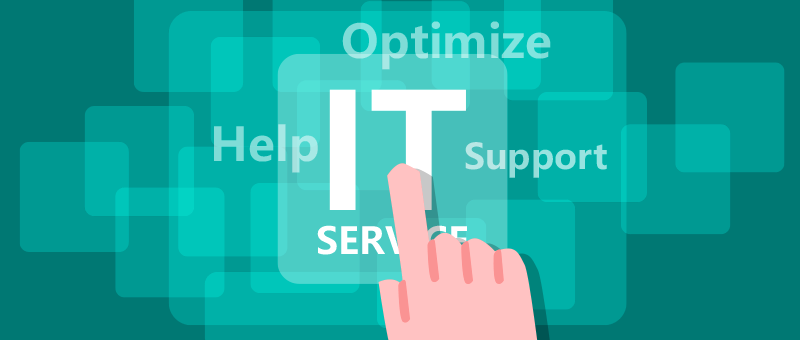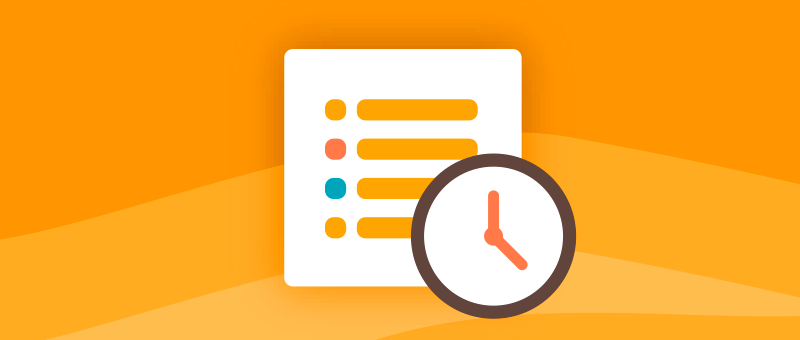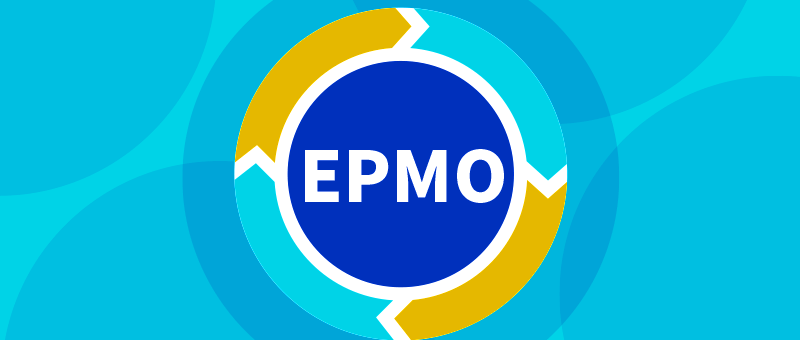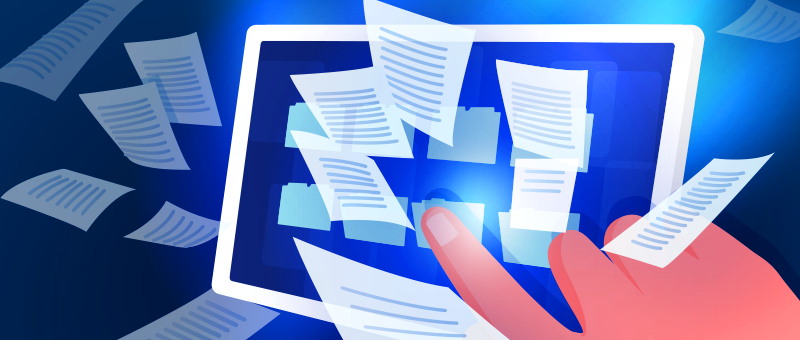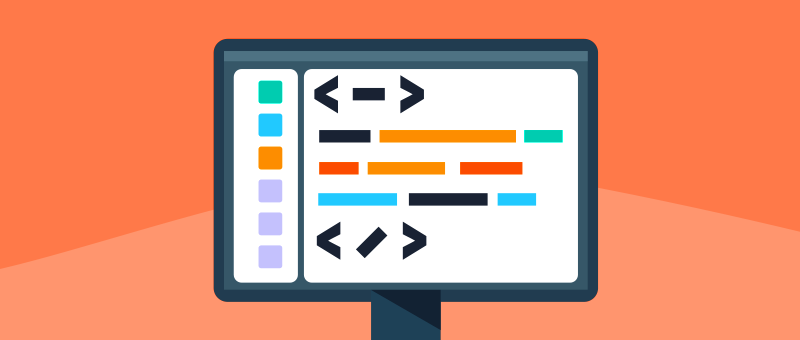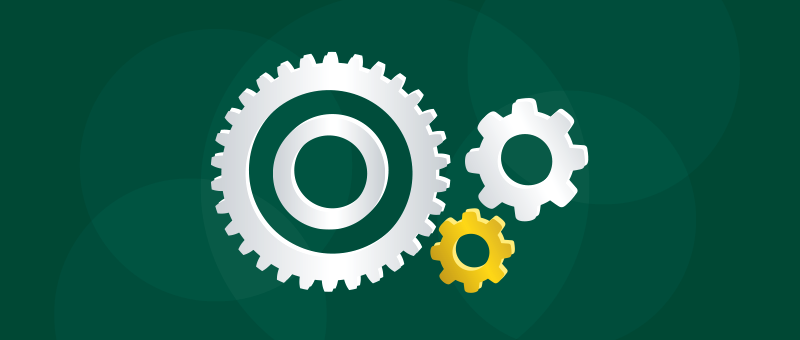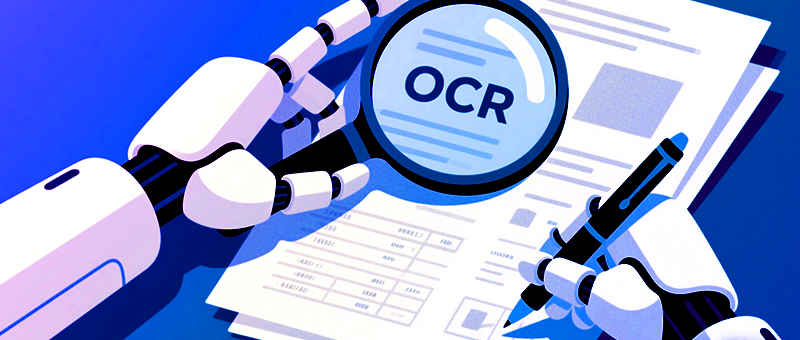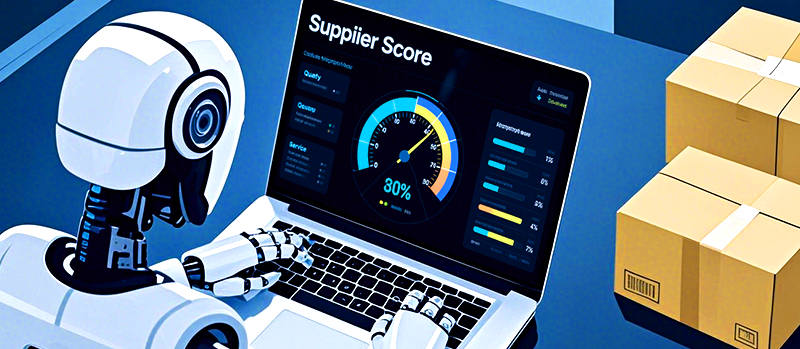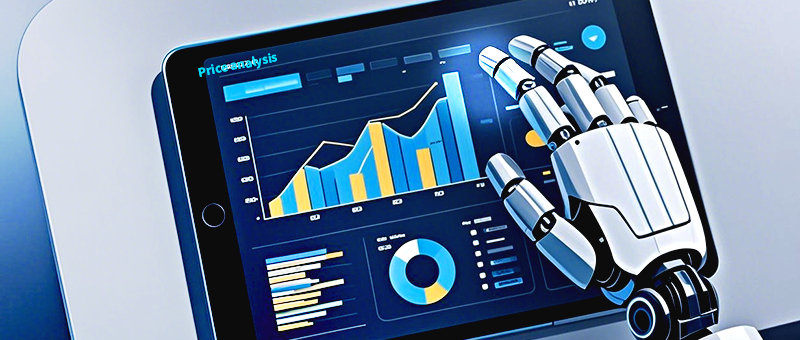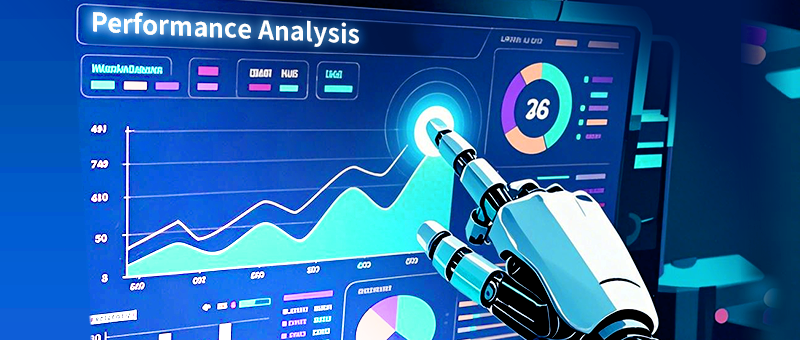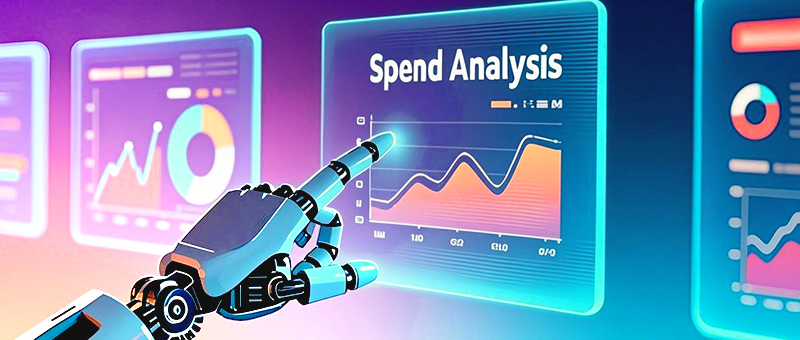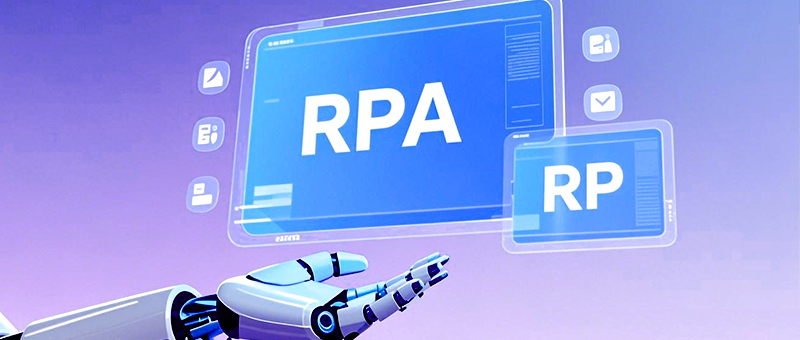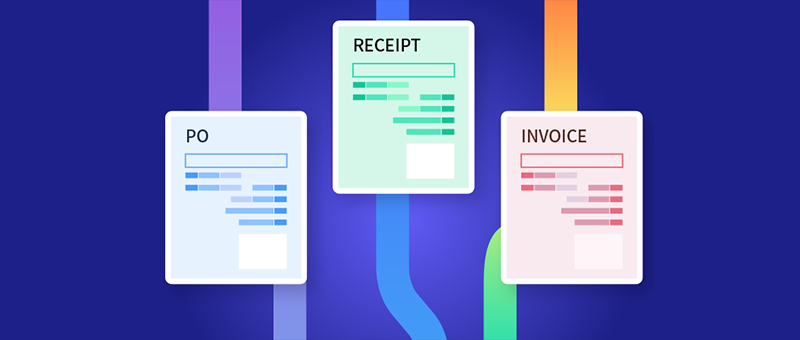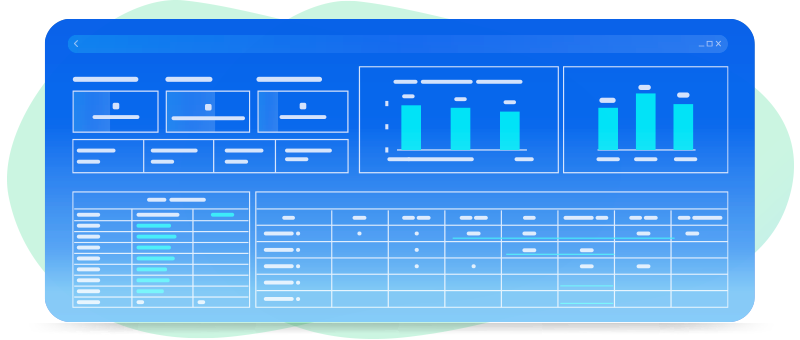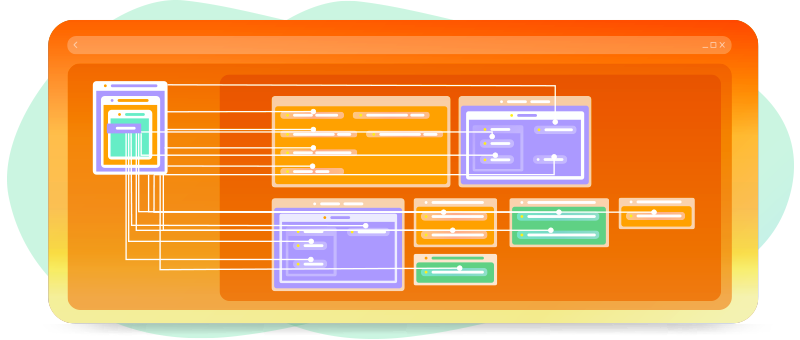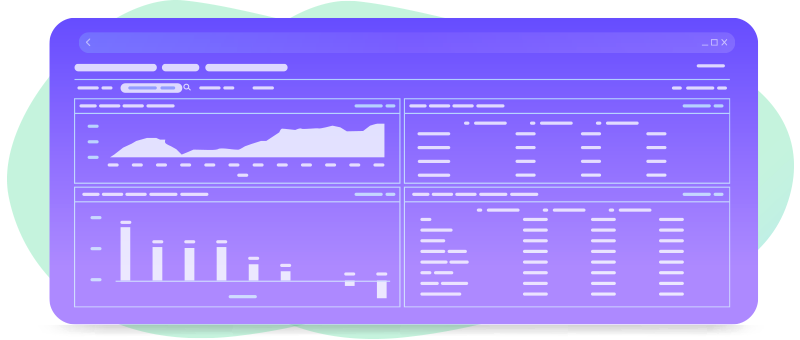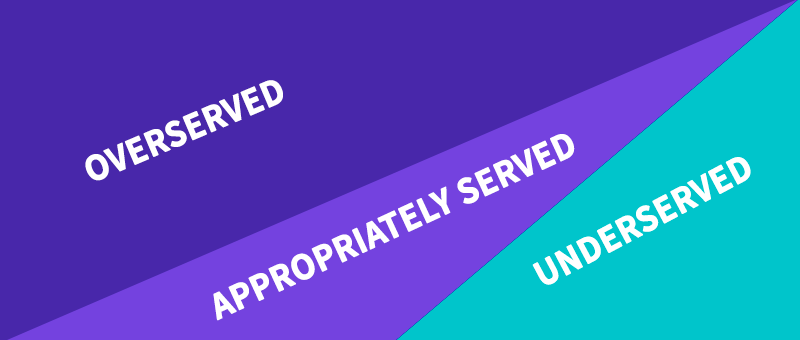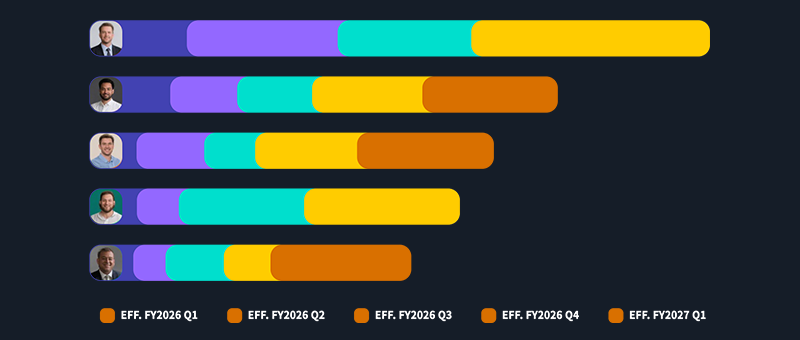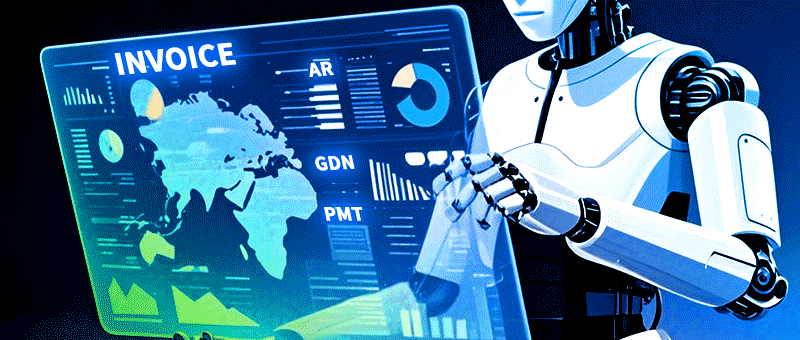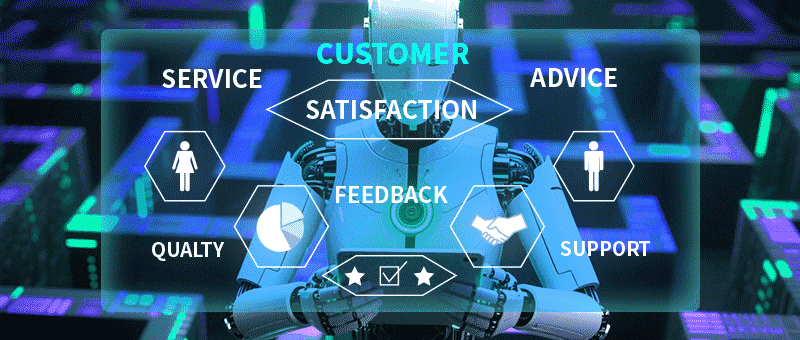Special News
Best domestic SRM tools 2025: Top 6 for procurement efficiency
2025-05-26
With the intensification of market competition and the increase in supply chain complexity, traditional manual management methods can no longer meet the high requirements of modern corporate procurement for efficiency, transparency and risk control. Therefore, more and more companies are beginning to seek professional SRM supplier management systems to optimize procurement processes, improve supplier collaboration efficiency, and achieve strategic cost control.
This article will focus on the difficulties in enterprise procurement supplier management, review 6 mainstream domestic supplier management systems, and help enterprises choose appropriate solutions.

Difficulties in Enterprise Procurement Supplier Management
In actual operations, enterprises often face the following challenges in procurement and supplier management:
Supplier information is scattered: There is a lack of a unified platform to integrate suppliers basic information, qualification certifications, historical transaction records, etc., resulting in untimely information updates and affecting decision-making efficiency.
The procurement process is complex: from demand proposal, sourcing, bidding, contract signing to payment settlement, the process is cumbersome, manual operations are prone to errors, and it is difficult to standardize and automate the process.
Difficulty in performance evaluation: There is a lack of effective mechanisms to evaluate suppliers’ delivery capabilities, quality levels, and service responses, making it impossible to scientifically classify and manage suppliers.
Insufficient risk control: During the supplier selection and cooperation process, there is a lack of early warning and control mechanisms for potential risks, which can easily lead to supply disruptions or quality problems.
Low collaboration efficiency: Information communication between enterprises and suppliers is not smooth, and collaboration efficiency is low, which affects the response speed and flexibility of the overall supply chain.
In response to the above challenges, the SRM supplier management system provides solutions through digital means. Next, we will review 6 mainstream SRM products, covering their functions, advantages and applicable scenarios.
six domestic mainstream SRM supplier management systems
1. 8Manage SRM
8Manage SRM is a comprehensive management software that integrates electronic procurement, supplier management, electronic bidding and contract management , focusing on full-process automation of procurement and data-driven decision-making.
Its core advantage is to provide end-to-end procurement process management, from demand to payment settlement, to achieve digitalization and automation of the entire process. The system supports 360-degree management of supplier information, covering functions such as qualification review, performance evaluation, and relationship maintenance. In addition, 8Manage SRM also has a powerful electronic bidding module, supporting multiple bidding methods such as RFI/RFP/RFQ, to enhance the transparency and competitiveness of procurement. Its flexible deployment method and high configurability make it suitable for enterprises of all industries and sizes.
Another unique benefit of 8Manage SRM is its modular design, which can flexibly adapt to the needs of small and medium-sized enterprises and large groups. The system also provides multi-language support, which is convenient for multinational teams to use. Typical customers include Tianjian Group, Chow Sang Sang , etc.
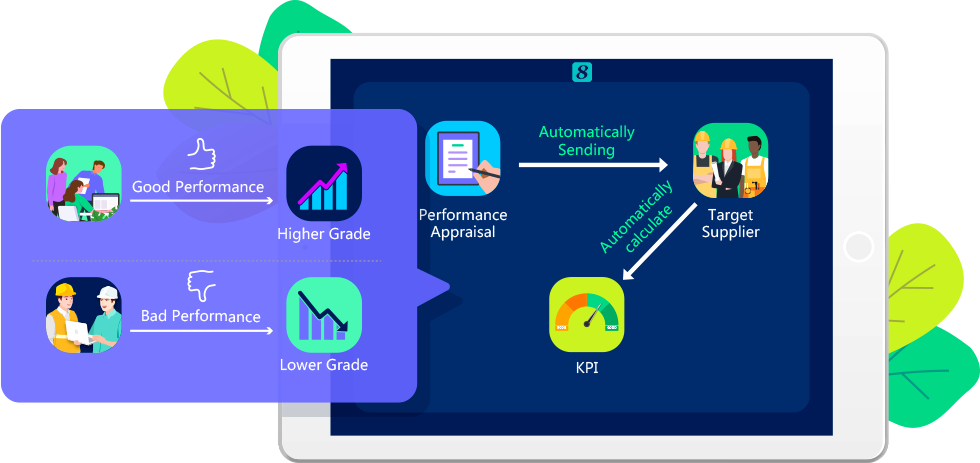
2. SAP Ariba
SAP Ariba is the worlds leading procurement and supplier management platform, and also occupies an important position in the domestic market. Its functions cover supplier discovery, procurement collaboration, contract management and financial settlement. Aribas cloud deployment and powerful ecosystem enable it to seamlessly integrate with the companys existing ERP system. The system provides intelligent recommendations through AI technology to help companies quickly match high-quality suppliers. SAP Ariba is suitable for large enterprises or multinational companies, but its high implementation costs and complexity may form a barrier for small and medium-sized enterprises. Typical customers include Microsoft, Coca-Cola, etc.
3. UFIDA SRM
UFIDA SRM is a well-known domestic enterprise management software brand, focusing on providing supplier management solutions for industries such as manufacturing and energy. Its functions include supplier life cycle management, procurement collaboration and risk assessment. The system supports seamless integration with UFIDA ERP, providing closed-loop management from procurement to finance. The advantages of UFIDA SRM lie in its localized services and deep adaptation to domestic regulations, which makes it suitable for medium and large enterprises. The disadvantage is that the interface design is a bit traditional, and the response speed of some functions needs to be improved.
4. Xike Cloud SRM
Xike Cloud SRM is committed to achieving digital and efficient management in all links of the supply chain, supporting functions such as supplier life cycle management, bidding, incoming material management, quality collaboration, and reconciliation of invoices. It is deployed in the form of a public platform, with a relatively friendly price, suitable for companies with simple procurement scenarios. However, there may be certain restrictions for companies that require a high degree of customization. Typical customers include Blue Micro Electronics, WenJian Medical, etc.
5. Zhiyuan SRM
Zhiyuan SRM focuses on collaborative management, combining supplier management with internal process optimization. Its functions include supplier profile management, procurement collaboration and performance monitoring. The system emphasizes user experience, providing an intuitive interface and convenient operation process. Zhiyuan SRM is suitable for small and medium-sized enterprises or industries with high requirements for collaborative efficiency, such as the service industry. The disadvantage is that its data analysis function is relatively weak and it is difficult to meet the needs of highly data-driven enterprises.
6. Alipay SRM
Zhihubao SRM is an integrated digital platform for collaborative procurement management. Its functions cover the entire procurement process and the entire supplier life cycle management, achieving refined management and control. The system supports intelligent matching of suppliers, data analysis drives decision-making, and helps companies manage procurement expenditures and control costs. However, the brand awareness is relatively low, and in-depth application in certain specific industries may require further accumulation of industry experience and cases. Typical customers include Binhua Group, SF Express, etc.
Conclusion
The SRM supplier management system is an important tool for the digital transformation of enterprises. It can effectively solve problems such as information asymmetry, complex processes and risk control in procurement management. The above six SRM systems have their own characteristics: 8Manage SRM is known for its flexibility and integration, SAP Ariba is suitable for large enterprises, UFIDA SRM adapts to localization needs, and Zhiyuan SRM emphasizes collaborative efficiency. When choosing, enterprises should comprehensively consider their own scale, industry characteristics and budget to find the most suitable solution. In the future, with the in-depth application of AI and big data technologies, the SRM system will further promote the intelligence and efficiency of procurement management.
Frequently asked questions
1. How does an enterprise choose a suitable supplier management system?
Enterprises should evaluate the systems functionality, scalability, integration capabilities, and user experience based on factors such as their own size, industry characteristics, and management needs, and choose the SRM system that best meets their needs.2. Is the SRM system suitable for small and medium-sized enterprises?
Yes. Small and medium-sized enterprises also face the challenge of supplier management. Choosing a simple and reasonably priced SRM system, such as Jiandao Cloud, can help them improve management efficiency and reduce operating costs.3. How does the SRM system help companies reduce procurement costs?
The SRM system helps companies achieve cost control and resource optimization by optimizing supplier selection, improving procurement process efficiency, and strengthening contract management, thereby reducing overall procurement costs.
Most popular

How IPD drives product R&D toward commercial success

Top procurement management systems to elevate your business in 2025

Are your project managers ready for AI?
Related articles
AI in procurement management: 8Manage SRM for HK enterprises
2025-10-17
5 Key innovations in digital procurement software
2025-08-08
Efficient large equipment procurement in machinery manufacturing: process & tips
2025-08-07
2025 Procurement software: top 10 SRM systems reviewed
2025-08-01
What is a PO and its role in enterprise procurement?
2025-08-01
Previous Article >
Best project management tools for R&D teams 2025: 6 efficient options
Best project management tools for R&D teams 2025: 6 efficient options







